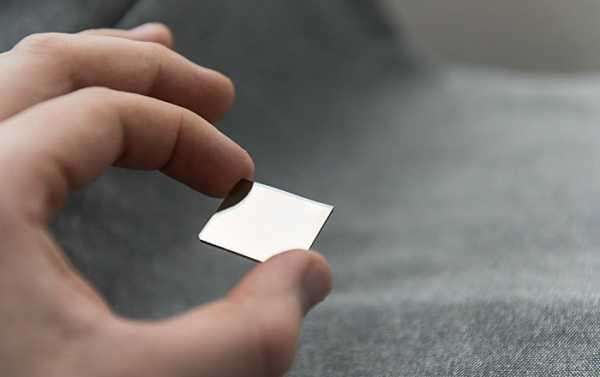
Scientists at the National University of Science and Technology MISIS have used the cryo-thermal cycling method on metallic glasses and found that the glasses became more pliable without losing their original strength.
An article on this research was published in NPG Asia Materials.
Metallic glasses (or amorphous alloys) are used in magnetic materials, medical instruments, micromotors’ gear wheels, sports equipment, and elsewhere. This kind of glass is very durable and resistant to both wear and rust.
But all metallic glasses lack plasticity (or are fragility-prone). This defect is removed through rejuvenation or conversion to a higher energy state that increases resistance to plastic deformation without the loss of strength.
Scientists at the NUST MISIS, jointly with Sergey Ketov (a NUST MISIS graduate) studied how cryo-thermal cycling, a method of cyclical liquid-nitrogen cooling, affected the properties of metallic glasses and came to the conclusion that it could stimulate both “the rejuvenation and relaxation (a reverse process) of metallic glasses,” Tohoku University professor and research advisor Dmitri Luzgin said.
Atomic force microscopy reveals that cryo-thermal cycling can also dramatically increase stretch or compression resistance on a material’s surface (in a thin layer of dozens of nanometers) when it is subjected to elastic strain.
However, this effect disappears after a period of room temperature aging. The effect on volume, on the other hand, remains and improves plasticity.
“Cryo-thermal cycling seems to be a universal and simple method for changing the properties, rejuvenation or relaxation of metallic glasses. The important thing is that it can both improve and degrade plasticity. The method requires a careful selection of the composition of the alloys, based on the structure of atomic bonds in a sample,” he said.
The team members say they will continue to study how this treatment affects the structure and properties of different materials. The “refinement” of the process will make it possible to increase the plasticity of both bulk metallic glasses and metallic glass-crystal composites (with the composites, rejuvenation can be even stronger on account of their heterogeneous structure).
Sourse: sputniknews.com






